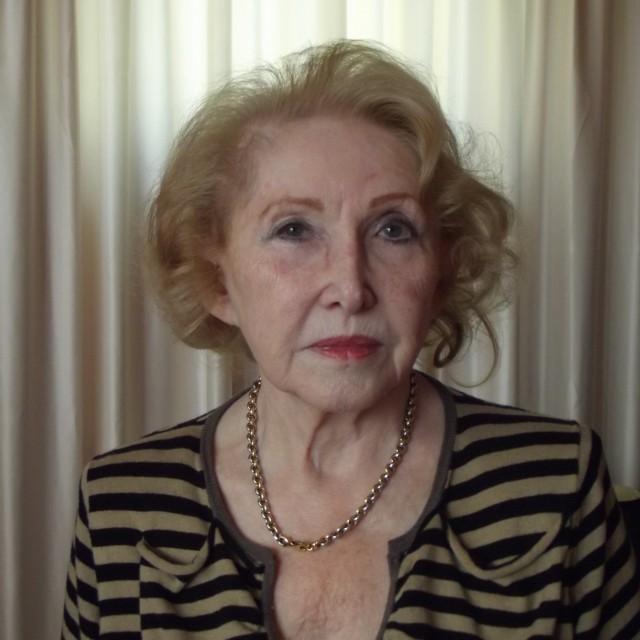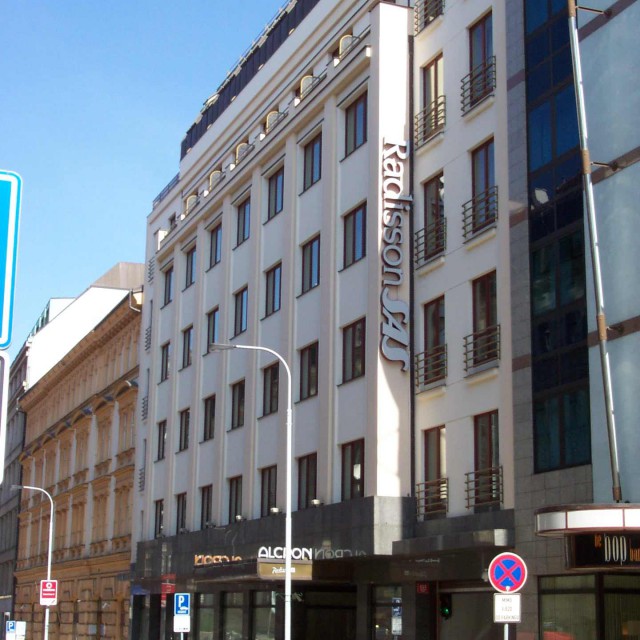An unhappy hotelier
The name of the famous luxury hotel Alcron is derived from the first letters of the name of its owner - Alois Krofta. In addition to Alcron, Krofta also owned the Flóra hotel, where by the end of the 1940s, Irena Šimonová worked as an employee directly subordinated to Krofta. According to her memories, the hotelier faced an unfortunate fate: "He was an extremely decent man. He employed me although he knew that I was a student and he didn't mind it. He fared badly, because the Communists took everything he had. After the February Coup, the situation changed fundamentally in the hotel. In every private enterprise, you suddenly had an initiative comrade who was ready to take over business. In Krofta's hotel, the stoker Novák turned out to be that comrade. At first, they confiscated Krofta's hotels, then his flat and finally they took everything that was in his private cellars." Nevertheless, Krofta remained in the top management of the hotels until 1949. He decided to get on well with the regime and joined the Communist Party. "Every morning, when the director came to work, he would sit down next to me and began to justify himself in front of me. He would try to explain to me why he had joined the party after February. He told me everything that was on his heart. And when he was done, he said: 'that's enough' and he went away." However, the libation to the regime was not enough. Although the Alcron hotel further prospered, it stood in the shadow of the emerging new hotels and began to lose its glamour. Krofta died in May 1958. According to the testimony of his former colleagues, he was by then a physically and mentally broken man.
Hodnocení
Hodnotilo 0 lidí
Routes
Not a part of any route.
Comments
No comments yet.



